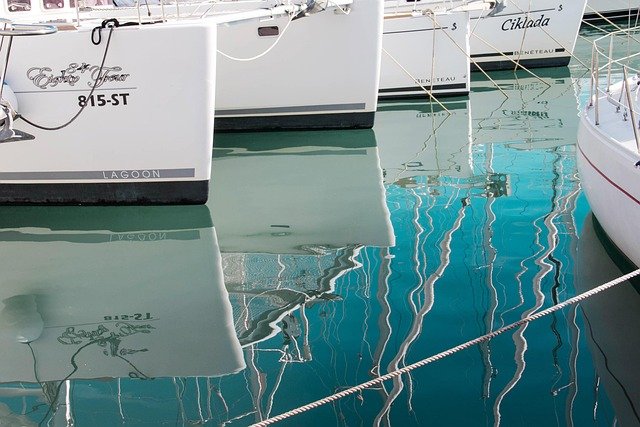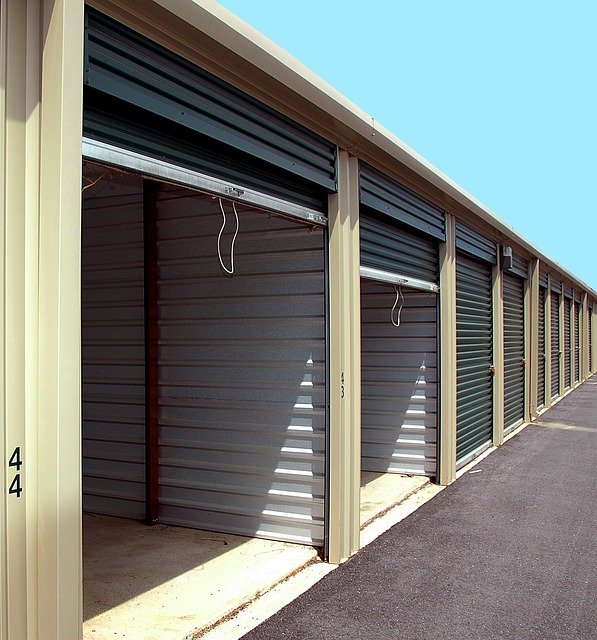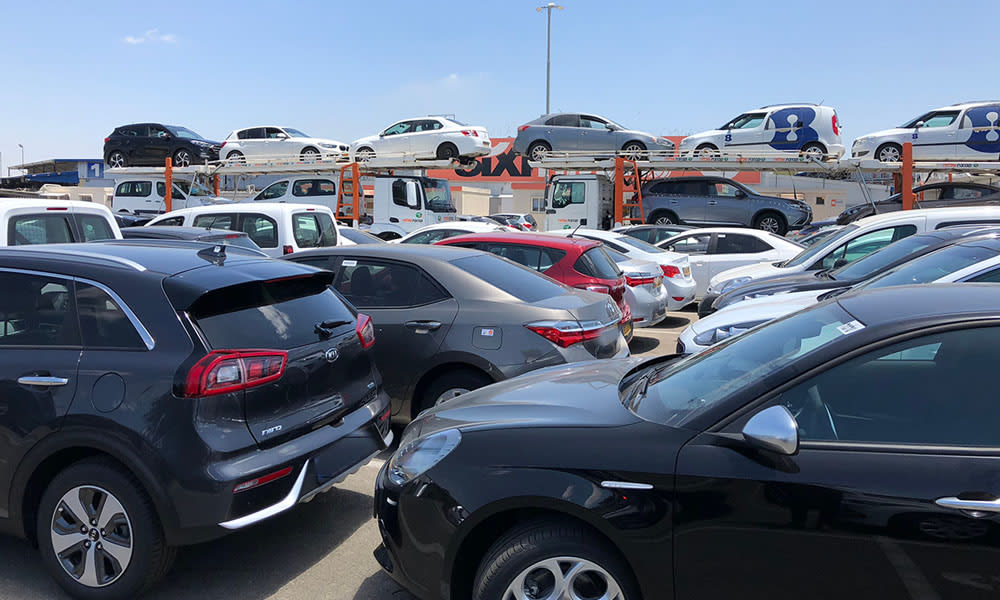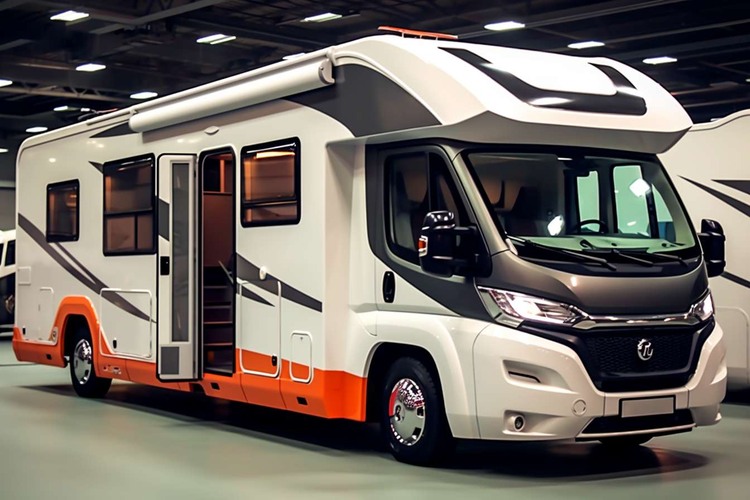Boats for Sale: A Comprehensive Guide to Purchasing Watercraft
Purchasing a boat can be an exciting yet complex process. Whether you're looking for a leisure craft for weekends on the lake or a serious vessel for offshore adventures, understanding the boat buying process is crucial. This guide will walk you through the key considerations when exploring boats for sale.

Types of Boats Available on the Market
The boating market offers a wide variety of vessels to suit different needs and preferences. Common types include:
-
Fishing boats: Designed for anglers, with features like livewells and rod holders.
-
Pontoon boats: Ideal for leisurely cruising and socialising on calm waters.
-
Speedboats: Built for thrill-seekers who enjoy water sports and high speeds.
-
Sailboats: Perfect for those who prefer wind power and a more traditional sailing experience.
-
Yachts: Luxury vessels for extended trips and offshore adventures.
Each type of boat comes with its own set of features, maintenance requirements, and price points. It’s essential to consider your primary intended use when selecting a boat type.
New vs Used Boats: Pros and Cons
When looking at boats for sale, you’ll need to decide whether to purchase new or used. Both options have their advantages and drawbacks:
New Boats:
-
Pros: Latest technology, full warranty, customisation options
-
Cons: Higher initial cost, rapid depreciation in early years
Used Boats:
-
Pros: Lower upfront cost, potentially better value for money
-
Cons: Possible hidden issues, outdated technology, limited warranty (if any)
Your budget and comfort level with potential repairs will play a significant role in this decision.
Key Factors to Consider When Buying a Boat
Several important factors should influence your boat buying decision:
-
Size: Consider both the number of passengers you’ll typically have and where you’ll store the boat.
-
Engine type: Outboard, inboard, or stern drive engines each have their own benefits.
-
Fuel efficiency: This can significantly impact your ongoing costs of ownership.
-
Safety features: Look for boats with appropriate safety equipment for your intended use.
-
Maintenance requirements: Some boats require more upkeep than others.
It’s crucial to balance these factors against your budget and intended use to find the right boat for your needs.
Understanding Boat Pricing and Costs
The cost of a boat extends beyond the initial purchase price. When budgeting, consider:
-
Purchase price
-
Insurance
-
Mooring or storage fees
-
Fuel costs
-
Maintenance and repairs
-
Equipment and accessories
Here’s a general pricing guide for different types of boats:
| Boat Type | Size Range | Typical Price Range (New) |
|---|---|---|
| Fishing Boat | 16-25 feet | £15,000 - £75,000 |
| Pontoon Boat | 18-30 feet | £20,000 - £60,000 |
| Speedboat | 16-30 feet | £20,000 - £150,000 |
| Sailboat | 22-45 feet | £30,000 - £300,000 |
| Yacht | 30-100+ feet | £100,000 - £1,000,000+ |
Prices, rates, or cost estimates mentioned in this article are based on the latest available information but may change over time. Independent research is advised before making financial decisions.
Where to Find Boats for Sale
There are numerous avenues to explore when searching for boats for sale:
-
Boat dealerships: Offer new and sometimes used boats with professional support.
-
Online marketplaces: Websites like Boats.com and YachtWorld list a wide variety of vessels.
-
Boat shows: Great for seeing multiple boats in person and comparing options.
-
Private sellers: Can offer good deals but require more due diligence.
-
Auctions: Potential for bargains but often come with higher risk.
Each option has its pros and cons, so it’s worth exploring multiple channels to find the best deal.
The Importance of Surveys and Sea Trials
Before finalising a boat purchase, especially for used boats, it’s crucial to:
-
Conduct a marine survey: A professional inspection of the boat’s condition.
-
Perform a sea trial: Test the boat on the water to ensure it performs as expected.
These steps can reveal potential issues and help you make an informed decision. They may add to your upfront costs but can save you significant money and headaches in the long run.
In conclusion, buying a boat is a significant decision that requires careful consideration of numerous factors. By understanding the types of boats available, weighing the pros and cons of new versus used, and thoroughly researching your options, you can find the perfect boat to suit your needs and budget. Remember to factor in ongoing costs and always prioritise safety when making your choice. With the right approach, you’ll be ready to embark on your boating adventures with confidence.



